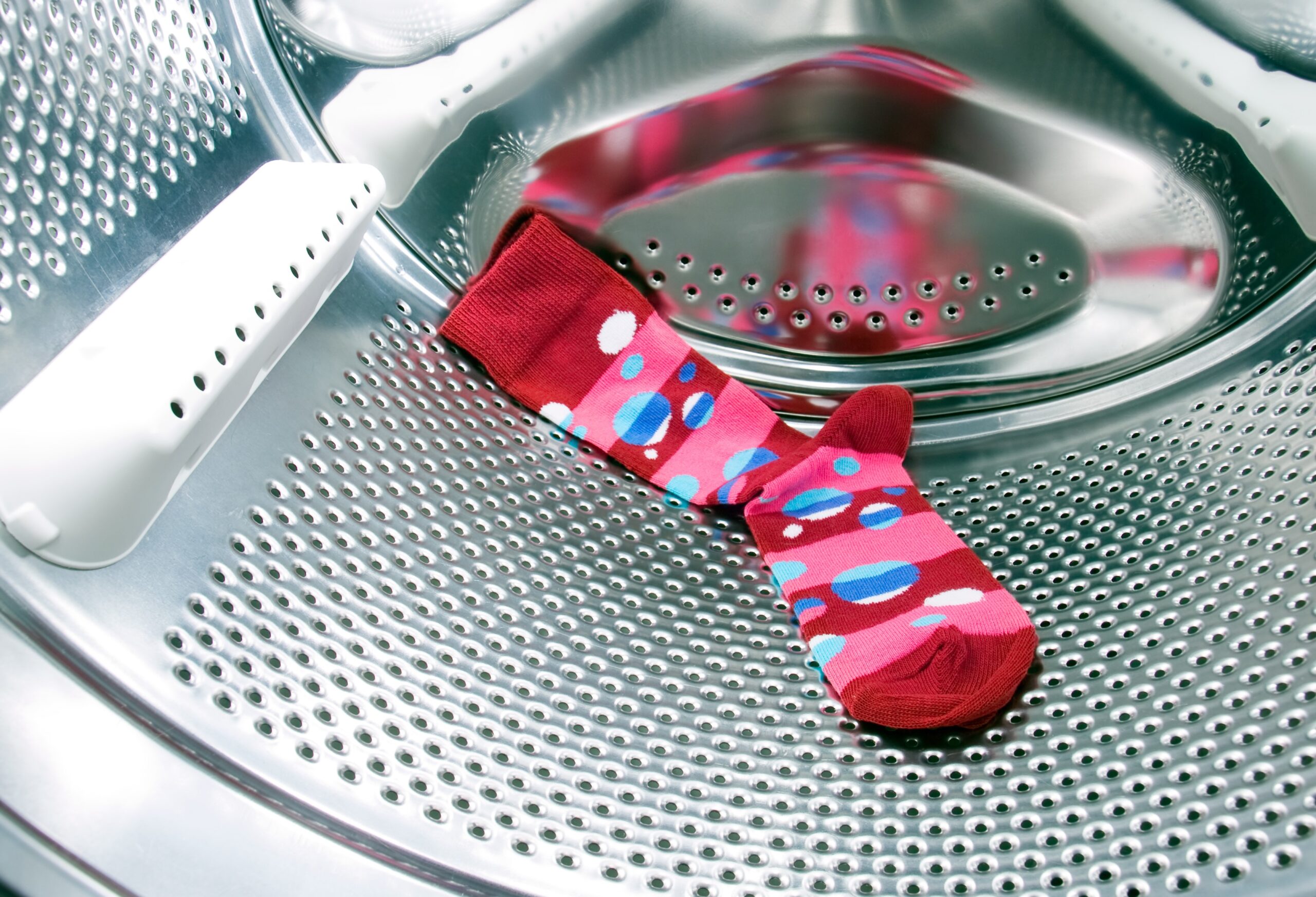Turning points: sometimes you recognize them immediately, and sometimes only in retrospect. In this series, members of the WUR community talk about a decisive moment or period in their lives that they’ll never forget. This time, Molecular Biology researcher Reindert Nijland.
‘Cool, isn’t it? There’s a detergent on the supermarket shelves with a cleansing enzyme that I discovered. That I isolated and identified.’ Reindert Nijland is proud of this. Washing your socks with your ‘own’ sustainable detergent: now, that’s what you call Science for Impact.
Biofilms
Nijland discovered the cleansing enzyme 10 years ago when he worked for two years at the Dove Marine Laboratory in Newcastle, on a Marie Curie grant. His assignment was to find out how the bacterium Bacillus licheniformus makes biofilms dissolve.
The lab was on the beach. I kept my surfboard in the office
Reindert Nijland, moleculair bioloog
A biofilm is a sticky layer of slime with which micro-organisms stick to a surface. They form the hardened layers on the hull of a ship, for instance. This was a golden opportunity for Nijland. Until then, molecular biology research had focused on model bacteria such as E.coli and Bacillus subtilis. But as a keen diver, his heart really lay in marine biology. He had a wonderful time in Newcastle. ‘The lab, a Victorian marine biology building, was literally on the beach. At high tide, the water lapped against the walls. I kept my surf board in my office.’

The research results were surprising. ‘We thought it would be a question of a small molecule that would behave like some kind of signal substance and chase away other bacteria. But it turned out to be an enzyme (NucB), a nuclease that breaks down DNA. At that time, we had only just learned that biofilms contain large amounts of DNA as well as proteins and sugars. The film breaks down if the DNA is broken down.’
Proctor & Gamble
The discovery was patented, but it didn’t lead to an application in the shipping industry. But now, 10 years later, there is an application: the giant firm Procter & Gamble is using the enzyme as a sustainable stain remover in its detergents. Meanwhile, for Nijland, his period in Newcastle was the prelude to a career change. Even if it did take until 2017 before he took the plunge and switched to marine ecology.

 Foto: Shutterstock
Foto: Shutterstock